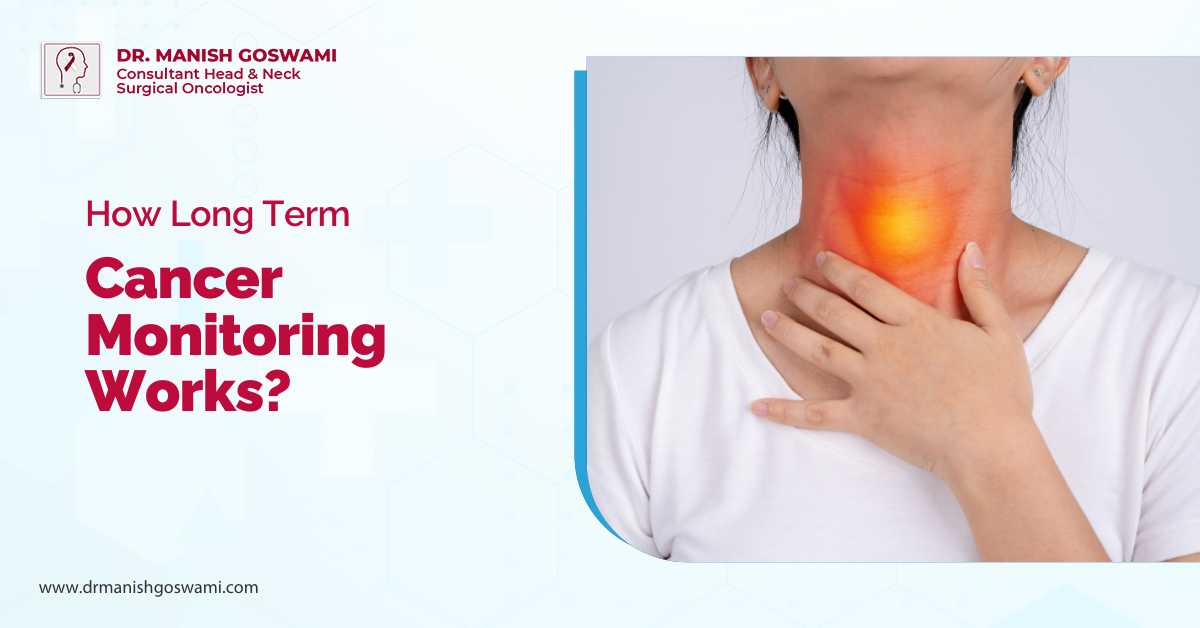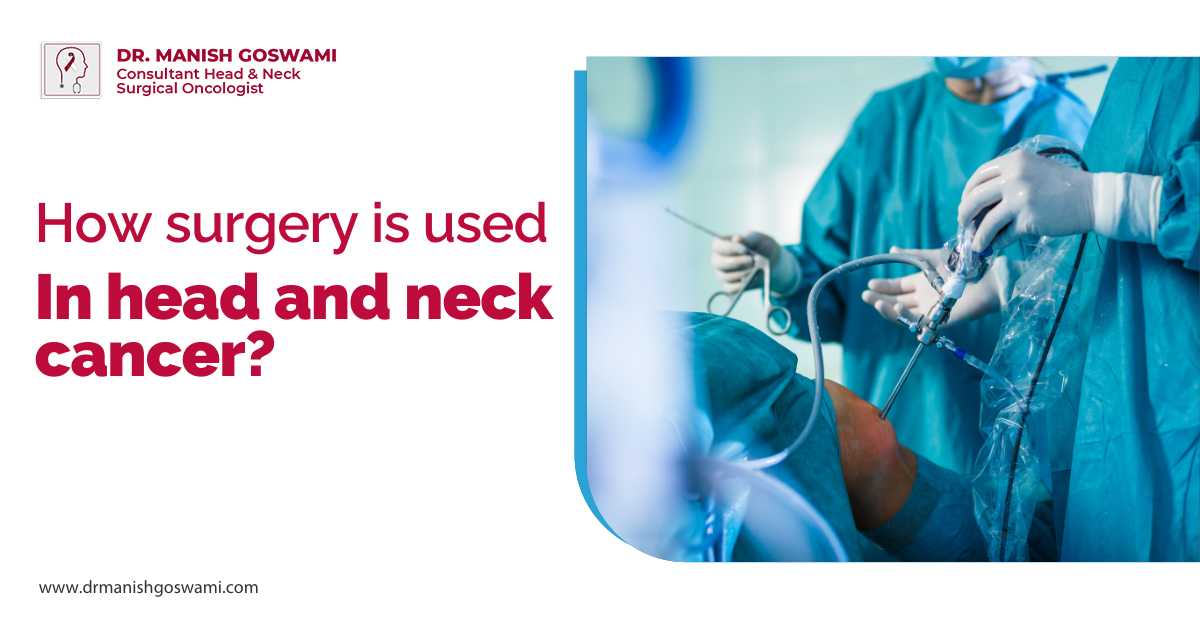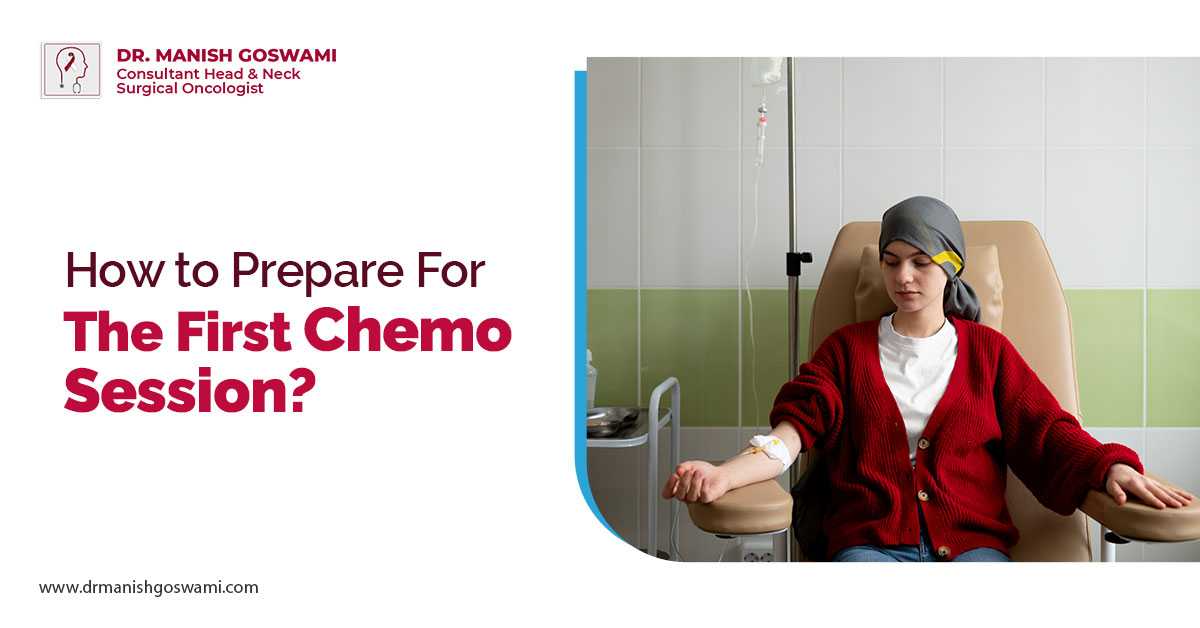The process of receiving cancer treatment can be emotionally and physically taxing. Destroying cancer cells effectively is the goal of medical treatments. These include chemotherapy, radiation, surgery, and immunotherapy, but they also have a variety of effects on the body.
Nutrition is very important during this period to promote healing, control side effects, and enhance your general well-being. Besides preserving strength, eating the correct meals enhances quality of life and treatment results. You might get personalized advice from your cancer surgeon in Siliguri City.
A healthy diet for cancer patients undergoing treatment, foods to emphasize, foods to avoid, and helpful advice on nutrition are all covered in this handy guide.
Why Nutrition is Very Important During Cancer Treatment
Fatigue, nausea, mouth sores, appetite loss, muscle weakness, and taste changes are all possible adverse effects of cancer therapies. Eating is often made difficult by these problems, yet the body needs more calories to maintain immunity, repair tissues, and provide energy. The vitamins, minerals, protein, and antioxidants required for resilience throughout therapy are found in a well-balanced diet.
The following are some advantages of healthy eating during cancer treatment:
- Boosting the immune system
- Preventing muscle loss and maintaining a healthy weight
- Strengthening the body's recuperation from cancer treatments
- Increasing the ability to tolerate treatments
- Improving mood and vitality
- Supporting muscle strength
Key Factors for a Cancer-Friendly Diet
Cancer patients cannot follow a one-size-fits-all diet; however, the following basic recommendations might assist them in maximizing nutrition while undergoing cancer therapy:
- Put Nutrient-Dense Foods: First Pick foods that are high in protein, healthy fats, vitamins, and minerals.
- Small, Regular Meals: Eating smaller meals throughout the day helps with appetite loss and sickness.
- Keep Yourself Hydrated: Drinking enough water promotes kidney health and lessens weariness.
- Reduce Your Consumption of Processed Foods: Avoid highly processed, sugary foods that are low in nutrients.
Best Diets for Cancer Patients Undergoing Treatment
The following are a few of the best dietary strategies suggested for cancer patients:
A diet based on plants
A diet high in whole grains, beans, nuts, seeds, fruits, and vegetables offers potent phytonutrients, essential vitamins, and antioxidants. These substances aid in immune support, inflammation reduction, and healing.
The best meals to include are:
- Leafy greens that may include kale, spinach, collard greens, et al
- Cruciferous vegetables, such as Brussels sprouts, cauliflower, and broccoli
- Berries, oranges, apples, and papayas are examples of colorful fruits.
- Whole grains (brown rice, quinoa, and oats)
Mediterranean Diet
- Avocado with olive oil
- Fish high in fat (mackerel, sardines, and salmon)
- Lentils and legumes
- Fresh produce and fruits
- Seeds and nuts
High-Protein Diet
- Lean fish and poultry
- Milk, paneer, cheese, yogurt, eggs
- Plant-based proteins (lentils, beans, tempeh, and tofu)
- Smoothies are high in protein for convenient consumption
Anti-Inflammatory Diet
Prolonged inflammation can impede healing and exacerbate exhaustion. Anti-inflammatory foods aid in the promotion of healing and the reduction of oxidative stress.
The best meals to include are:
- Garlic, ginger, and turmeric
- Cherries and berries
- Green tea
- Whole grains
- Fatty fish, nuts, and seeds
Neutropenic Diet (For Patients with Low Immunity)
The immune system is often weakened by cancer therapies, leaving patients more susceptible to infections. The goal of a neutropenic diet is to limit exposure to dangerous microorganisms in food.
Best practices you can go for:
- Make sure to properly cook all meats and seafood.
- Carefully wash or peel fruits and vegetables.
- Keep yourself from raw sprouts and unpasteurized dairy products.
Foods That Help with Common Cancer Treatment Side Effects
- Nausea & Vomiting: Crackers, plain rice, bananas, ginger tea, and peppermint can all cause nausea and vomiting.
- Loss of Appetite: Cheese, full-fat yogurt, nut butter, and high-calorie smoothies.
- Mouth Sores: Soft meals will be great for mouth sores, so you can try applesauce, yogurt, mashed potatoes, and scrambled eggs
- Diarrhea: You can add oatmeal, boiled potatoes, and the BRAT diet to your food plans (bananas, toast, rice, applesauce, etc.).
- Constipation: Consume whole grains, beans, flaxseeds, prunes, and lots of water if you're constipated.
Foods You Should Avoid During Cancer Treatment
Certain meals can cause side effects, reduce the effectiveness of treatment, or raise the risk of infection. Don't:
- Eggs, raw or undercooked meat
- Fish like shellfish
- Unpasteurized juices and milk
- Foods that are highly processed and sweet
- Alcohol (may cause therapeutic side effects)
- Meals that are acidic or spicy (if mouth sores are present)
Practical Tips for Eating Well During Cancer Treatment
- Make a plan: Make your meal plans ahead of time.
- Eat When Hungry: Since appetite varies, eat more when you're feeling peckish.
- Have smoothies: Blended beverages are more convenient to drink and can contain fruits, vegetables, and protein in a single serving.
- Modifications to Flavor: Use plastic utensils, add herbs, lemon, or mild spices, or use plastic utensils if chemo causes food to taste metallic.
- Seek Expert Advice: A qualified dietician may customize suggestions for your specific course of treatment.
Final Words
A healthy diet during cancer treatment is about feeding the body nutrients that provide it energy, strength, and healing support rather than following any rigid guidelines. Since each patient has different nutritional requirements and tolerances, you should pay attention to your body's signs and get advice from medical specialists.
Say yes to a balanced diet full of whole foods can help better tolerate treatment, control side effects, and improve their quality of life while they recover. So, get support from one of the top oncologists in Siliguri for lifestyle and diet advice.







